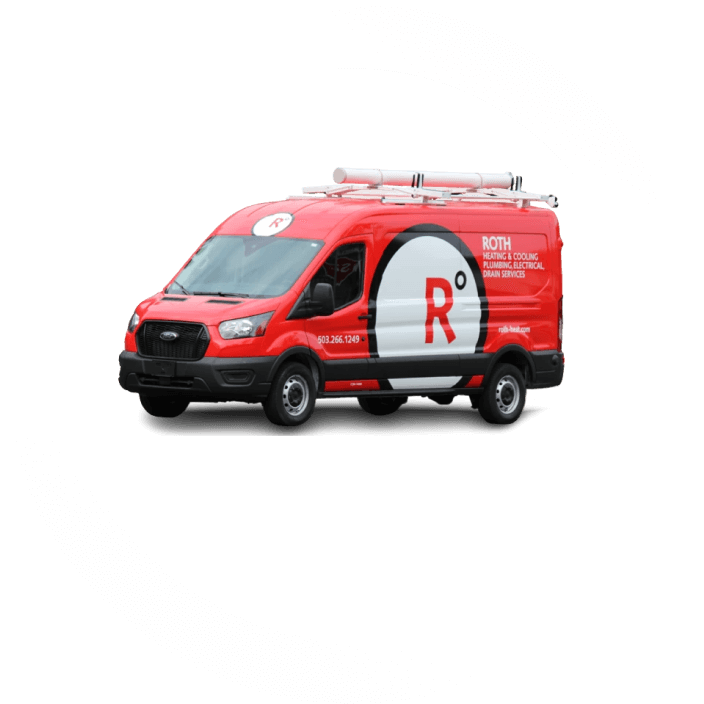If your home’s air-conditioning capacity suddenly takes a dive this summer, and you’ve already had your annual preventive maintenance done, there could be a cause that you’ve never even considered: refrigerant huffing. While it may sound far-fetched, refrigerant huffing is a problem from Portland to Miami to New York, and everywhere in between.
Huffing, or intentionally inhaling refrigerant to get high, not only poses a significant health risk to those who do it, it can cause serious damage to your HVAC
(heating, ventilation and air conditioning) system.
The dangers of low refrigerant
Refrigerant huffing will quickly deplete your system’s most vital component. When an air conditioner (A/C) operates with too little refrigerant, it’s capacity to produce cooled air will diminish. In fact, if your system operates with just 10 percent less refrigerant than it needs, you’ll likely see an increase of 20 percent in the costs to run your A/C.
This decrease occurs because your system relies on having a certain amount of refrigerant in place so that all of the other components can operate efficiently. For instance, too little refrigerant will put a lot of stress on the compressor, causing it to work harder, and creating a domino effect of damage to the system’s other components.
Furthermore, R-22 refrigerant, also sometimes known as Freon, which most older air conditioners use, is harmful to the environment. In fact, the U.S. Environmental Protection Agency (EPA) requires that it be safely capture by a certified professional, and even has followed an international mandate by calling for the banning of its use by 2020.
The dangers of inhaling refrigerant
The health hazards of inhaling refrigerant are significant, and the young people who typically huff it likely have no idea as to the real dangers that can occur, including but not limited to:
- Burns in the eyes and nose
- Difficulty breathing
- Throat pain
- Vision loss
- Cardiac arrest
- Heart attack
- High blood pressure
- Irregular heart rhythm
What you can do about it
Putting a stop to refrigerant huffing is fairly simple. Call your local contractor to have a lock installed on the refrigerant’s cap. It’s a low-cost action that will preserve your system and save lives, and the locking cap is similar to the same type of locking cap that you can install on your car’s gas tank.
If you have concerns about refrigerant huffing in your neighborhood, the experts at Roth Home & Cooling are here to help. Contact us today to talk about a locking cap, or to have your system’s efficiency tested. We’ve proudly served homeowners and commercial customers in the Portland area since 1976.














